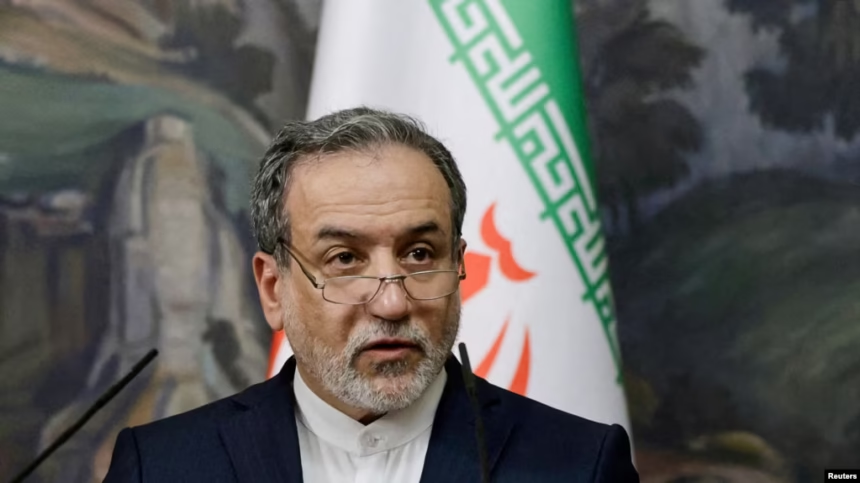Iran’s Foreign Minister Abbas Araqchi has condemned comments made by U.S. President Donald Trump on June 27, in which Trump claimed to have saved Supreme Leader Ayatollah Ali Khamenei from death.
Araqchi stated on X on June 28 that if Trump truly desires to negotiate a deal, he must “shed the disrespect and unacceptable tone” toward Iran’s Supreme Leader and “stop hurting his millions of sincere supporters.”
Trump’s Claims and Sanctions Stance
The foreign minister’s condemnation followed Trump’s assertion on his Truth Social platform that he had prevented an assassination attempt on the Iranian leader. “I knew exactly where he was holed up and I did not allow Israel, nor the U.S. Armed Forces, by far the biggest and most powerful in the world, to take his life,” Trump said. “I SAVED HIM FROM A VERY UGLY AND DISGRACEFUL DEATH, and he doesn’t have to say, ‘THANK YOU, PRESIDENT TRUMP!'”
Trump also indicated that in recent days he had been working on a possible lifting of sanctions against Iran, a key demand from Tehran in negotiations concerning its nuclear program. However, he added, “But no, instead I get a statement of rage, hatred, and disgust, and I immediately cut off all work on sanctions relief, and more.”
Recent Military Actions and Diplomatic Signals
Last weekend, the United States carried out attacks on three Iranian nuclear facilities, joining Israeli bombardments of Iran’s nuclear program that began on June 13. At a White House press conference, Trump responded, “Of course, without a doubt,” when asked if he would consider further bombing Iranian nuclear facilities if Tehran enriched uranium to concerning levels.
Despite Trump’s tough rhetoric, the White House adopted a more conciliatory tone, with spokeswoman Karoline Leavitt stating on June 26 that the United States remains in contact with Iran and mediators regarding a resumption of nuclear talks, though nothing has been scheduled. Araqchi himself told state broadcaster IRIB on June 26 that diplomacy was ongoing through various channels, but clarified that “no agreement, arrangement, or discussion on starting new negotiations” had been reached.
U.S. Senate Vote on Military Action
On June 27, the U.S. Senate considered a resolution concerning Trump’s decision to bomb three Iranian nuclear facilities. The resolution aimed to prevent Trump from further military escalation against Iran. The Republican-led Senate rejected the measure with 53 votes for and 47 against.
Most Republicans argued that Iran posed an immediate threat requiring decisive action and supported Trump’s decision to bomb the nuclear facilities. Democrats, who largely supported the resolution, contended that the president should have first consulted Congress. They based their argument on the War Powers Resolution of the early 1970s, which requires the president “in every possible instance” to “consult with Congress before engaging the United States Armed Forces.”
On June 23, Trump had sent a letter to Congress, as required by the War Powers Resolution, stating that the weekend’s attacks on Iran were “limited in scope and purpose” and “designed to minimize casualties, deter future attacks, and limit the risk of escalation.”







